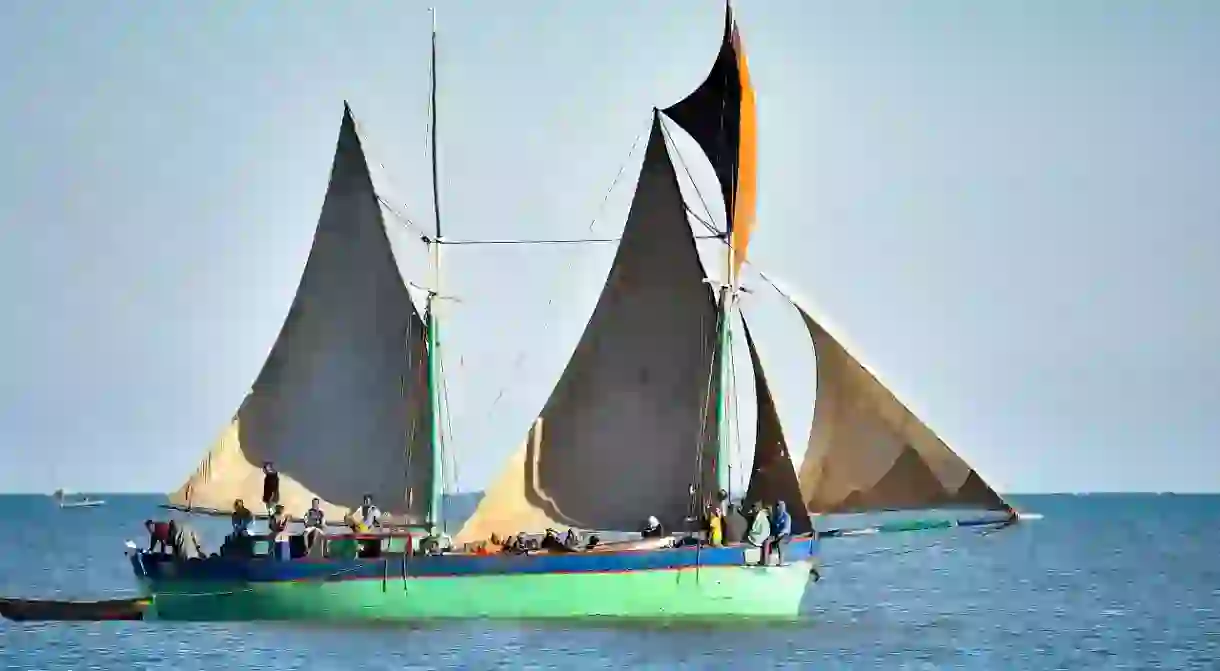How Madagascar's Ships Link Back to a Single French Family

On the west coast of Madagascar, it is ships, not cars or trucks, that link isolated-fishing villages to one another. Ships—more specifically, schooners with two or more masts typically with fore-and-aft sails—are considered to be vastly more reliable and cheaper for the transport of goods.
Those with a keen eye for schooners may recognise that the design of the Madagascan schooners are distinctly European. This is because they can be linked directly to one French family who came to Madagascar over 150 years ago thanks to King Radama II.

The Call Of A King
Back then, Arab- and European-trading boats dominated the waters. King Radama II, the Madagascan King at the time, called upon the French Government for help with this. In answer to the call, the French sent the Joachim family from French-owned La Réunion.
Unfortunately King Radama II was assassinated before the Joachims ever arrived. Equally unfortunately for the Joachims, they were forced to go on the run shortly after their arrival. It took several decades for them to return to Madagascar’s west coast.
It was then, in the villages of Morondava and Belo-sur-Mer, that the Joachims were able to finally begin what they were originally called upon to do: build schooners for Madagascar.

The Legacy
Soon after, the Joachim family set up their own ship-building schools to enable them to share their craft with the Madagascans.
Fast forward to today, the schooners built in Belo-sur-Mer are crafted using the original techniques handed down by the Joachim family.
Today, around 12 schooners a year are built and launched. The biggest variance from the Joachim family methods is that locals introduced a construction style named ‘Fomba’: when local healers are brought in to watch and oversee the construction. The healers are then the ones who decide the date when schooner should be launched.
Many west-coast Madagascans are impoverished, and electricity is not even readily available in some of these small-fishing towns. Therefore, builders still build these ships by hand.
On the day of a new schooner’s launch, the whole village comes together to celebrate.














